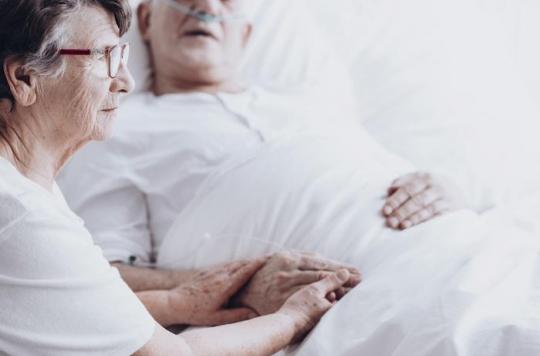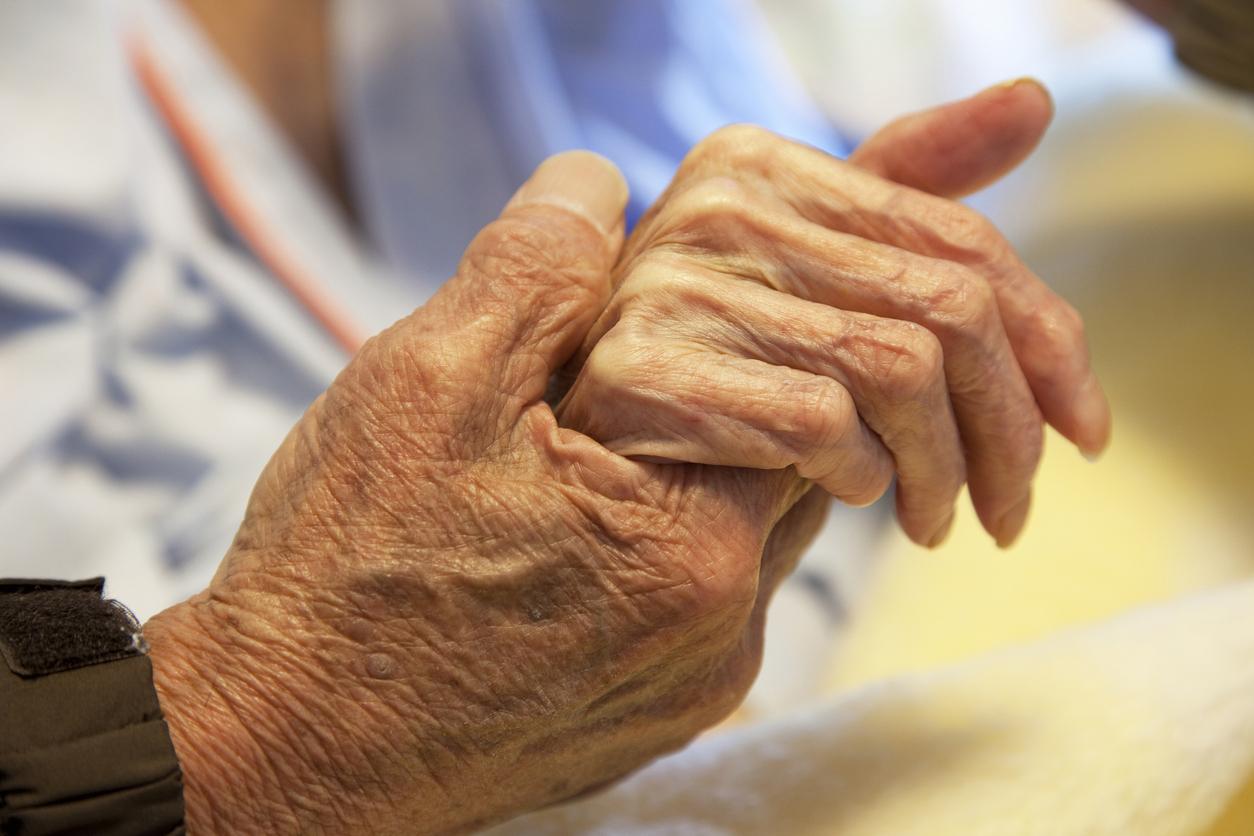The Igas drew up an initial assessment of the Claeys-Leonetti law on end of life. She considers that “the two years of application of the text are positive, although contrasted”.

The Igas report on the Claeys-Leonetti law was eagerly awaited. The Minister of Health Agnès Buzyn had ordered it last November, suggesting that she was waiting for him to pronounce on a potential new law on the end of life.
An adapted response
It should be remembered that complex legislation on the end of life has been gradually drawn up over the past twenty years and completed by the Claeys-Leonetti law of 2 February 2016. The latter confers new rights on patients at the end of life, in particular the the right to establish binding advance directives and the right to request deep and continuous sedation until death.
The assessment made by IGAS concerning the two years of application of the law of February 2, 2016 is positive, although contrasted. “The law offers an appropriate response to the management of the vast majority of end-of-life careers and its appropriation is progressing in the field”, firstly note the authors. “The number of people claiming to be aware of the legislation has increased, as has the number of drafters of advance directives, and the dialogue on the end of life between health professionals and patients has opened, expanded and improved. The right to recourse to sedation deep and continuous until death is gradually being established, “they continue.
The difficulties remain
On the other hand, the difficulties remain, namely: essential data and studies on the end of life are still largely lacking and research in this area is also too poor; governance and management of the system are not yet at the level; information for the general public and professionals alike is insufficient and must take a new step; the gaps in initial and continuing training have still not been filled and the university discipline of palliative care is not structured as it should.
Increase in the number of deaths
It remains to be seen what the government will do with these observations. The issue of the end of life is central in French society, in particular because of the increase in the number of deaths and of people suffering from crippling chronic pathologies, cancer or very serious motor, sensory and cognitive sequelae which now sometimes survive. many years thanks to advances in medicine.
The mission’s investigations were based in particular on numerous interviews with professionals in the health and medico-social sector, experts, patient associations, etc., in Paris and in four regions (Île-de-France, Grand Est, Pays-de-la- Loire, Center-Val de Loire); La visit to around thirty health or medico-social establishments or services, public or private; analysis of medical records of deceased patients who have undergone deep sedation; two series of questionnaires with regional health agencies and health and medico-social institutions.
.















